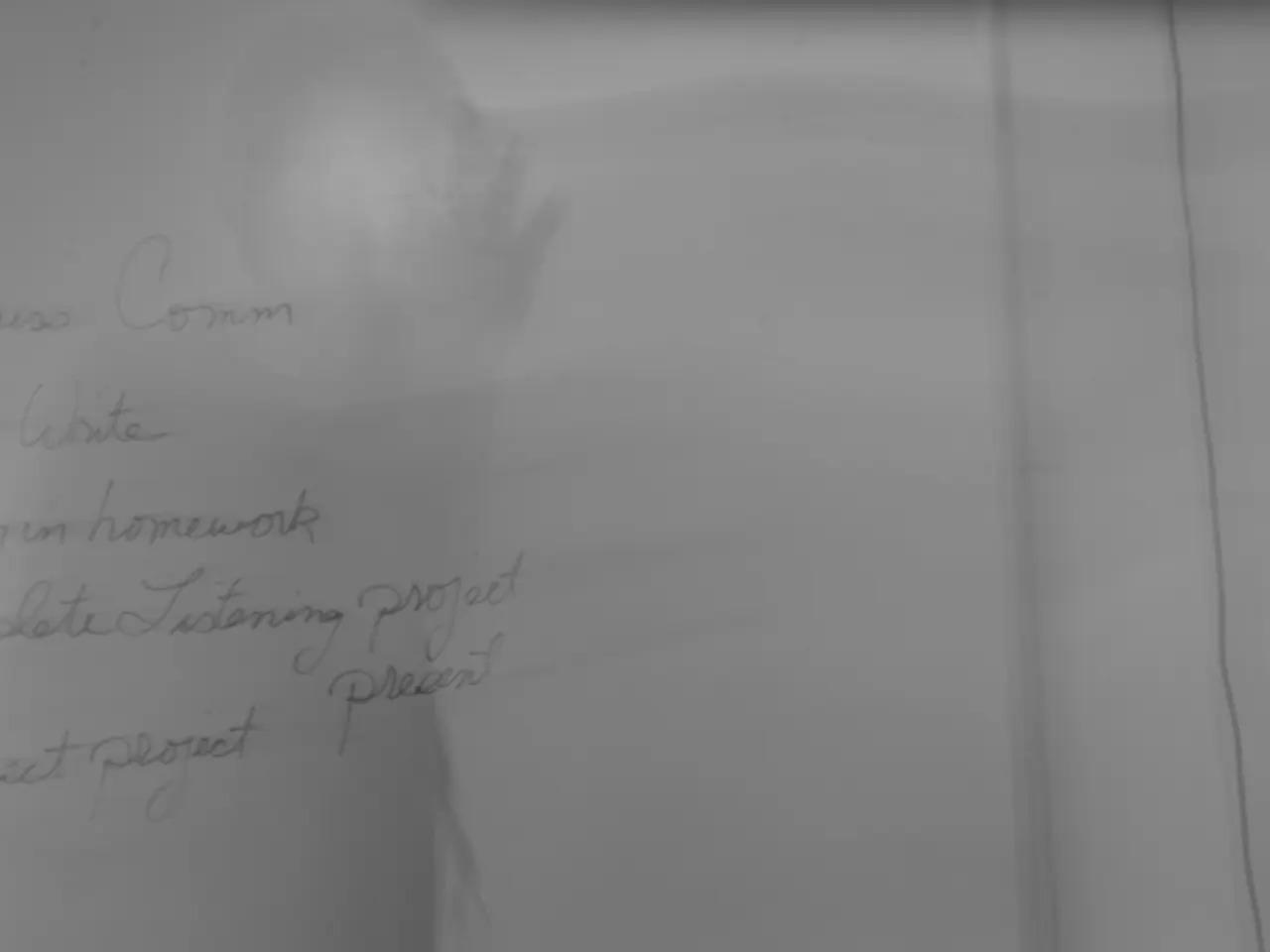Justice Department's Cassandra Burke Robertson issues warning about potential to misuse denaturalization through new memo
In a significant shift, President Trump's Justice Department has broadened the scope of prosecutorial authority to pursue denaturalization, a process that strips citizenship from naturalized Americans[1]. This policy change has drawn criticism from legal experts, including Cassandra Burke Robertson, the John Deaver Drinko-Baker Hostetler Professor of Law at Case Western Reserve University, who warns that the move could transform denaturalization from a rare tool targeting individuals who obtained citizenship through fraud into a broad instrument that could affect millions[1][3].
The Supreme Court ruled in 1967 (Afroyim v. Rusk) that the government cannot typically revoke citizenship without consent, except in cases of fraud or misrepresentation[2]. However, the Trump administration's new policy significantly widens the government's power over citizenship status, potentially targeting naturalized citizens who commit certain crimes, not just those suspected of fraudulent naturalization[1][4].
Robertson and her co-author Irina D. Manta express concern that the Trump administration's approach, combined with court procedures that may lack due process, creates a system where citizenship—a constitutional right—can be revoked by temporary officeholders, undermining the principles established in Afroyim v. Rusk[3]. They argue this could place millions of naturalized Americans in legal jeopardy and could have a chilling effect on immigrant communities.
The policy is seen as part of a broader trend toward aggressive immigration enforcement and the politicization of citizenship. Robertson describes denaturalization, when wielded broadly, as “a tool of autocrats,” suggesting it could be used to intimidate or marginalize immigrant populations or political opponents[1]. Public statements by President Trump about revoking citizenship from prominent critics, such as Rosie O’Donnell, have heightened fears that the process could be weaponized for political ends[2].
Although a federal judge recently blocked one of Trump's executive orders related to citizenship, the constitutional validity of such broad denaturalization efforts remains contested[2]. Legal experts caution that the current trajectory could normalize a previously exceptional process, eroding trust in both the rule of law and the permanence of citizenship for naturalized Americans.
| Aspect | Traditional Approach | Trump Administration’s New Policy | |-----------------------|------------------------------------|---------------------------------------------------| | Scope of Denaturalization | Rare, focused on fraud | Broad, can target various crimes | | Constitutional Safeguards | Strong (Afroyim v. Rusk) | Weakened, procedural concerns raised | | Potential Impact | Minimal, individual cases | Millions at risk, political weaponization feared | | Legal Precedent | Citizenship is secure | Precedent challenged, uncertainty increased |
In conclusion, Cassandra Burke Robertson's warnings highlight a profound shift in U.S. citizenship policy, where denaturalization is no longer an extraordinary measure but a routine prosecutorial tool with far-reaching implications for civil liberties, the rule of law, and the integrity of American democracy[1][3]. The expansion of these powers risks normalizing a process that, if unchecked, could destabilize the legal and social status of naturalized citizens and set a dangerous precedent for future administrations[1][3].
The Trump administration's new policy in policy-and-legislation regarding denaturalization, a process designed to strip citizenship from naturalized Americans, could potentially transform it from a rare tool into a broad instrument that affects millions, according to Cassandra Burke Robertson. This shift, which is part of a broader trend in politics, is raising concerns among legal experts about the erosion of constitutional safeguards and the normalization of an exceptional process, as seen in the case of Afroyim v. Rusk.







